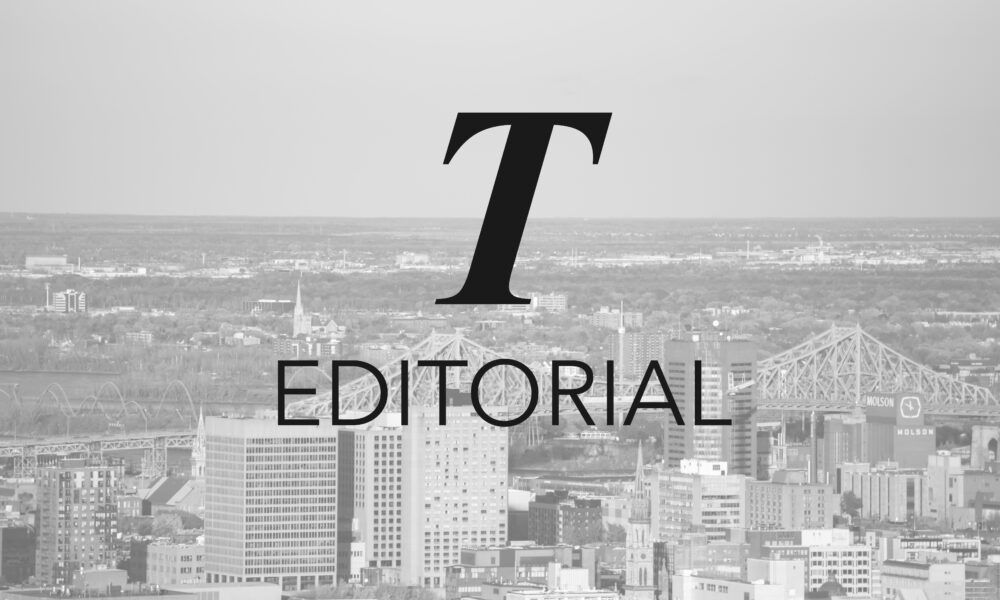Content warning: sexual violence, settler colonialism.
Observed a few days before Remembrance Day, Indigenous Veterans Day on Nov. 8 commemorates the notable contributions of Indigenous veterans to Canada’s historical military pursuits. Despite official recognition since the day’s establishment in 1994, the broader acknowledgment of Indigenous contributions remains insufficient, and the lack of care provided to Indigenous veterans is abominable. The failure to widely recognize the invaluable role of Indigenous peoples in Canada’s military fuels settler colonialism, while excluding Indigenous resistance to violent nation-building.
The treatment of veterans in Canada has historically rendered one truth: Canada fails to provide sufficient support for its veterans, especially Indigenous veterans. By the end of World War II, over 3,000 Indigenous soldiers, sailors, and air crew members served in the Canadian Forces. However, upon transitioning back to civilian life, many faced racism and encountered systemic obstacles to gaining rights and personhood. Until 1960, the Canadian government did not afford Indigenous soldiers the same rights and benefits after service––such as access to housing and financial and health supports––as non-Indigenous veterans. The general neglect of Canadian veterans is evident to this day as many returnees, grappling with various forms of trauma, confront mental health issues, houselessness, and drug addiction. When compounded by the enduring effects of intergenerational trauma and colonial violence that Indigenous peoples experience, the Canadian government’s neglect yields perilous consequences. McGill’s failure to acknowledge Indigenous Veterans Day illustrates the institution’s hypocrisy, erasing the diverse military experiences that form Canadian history.
The decision of many Indigenous individuals to enlist in the military stems from inequality and injustice. The military, functioning as a business, strategically targets those from lower-income communities, enticing them with promises of financial and social benefits that many never receive. Historically, some Indigenous peoples have chosen military service as a means to escape the exploitation they face within Canada, only to encounter further exploitation and discrimination within the military.The military must cease targeting Indigenous people to serve for a settler colonial nation that does not provide them adequate care nor recognizes their need for support and redress. Urgently required is the establishment of culturally-responsive trauma and healing services for veterans, addressing the unique needs of Indigenous veterans and fostering genuine healing in the aftermath of war.
This oversight extends to the additional lack of recognition toward Indigenous women veterans. With the Canadian military being a ‘brotherhood’ predominantly composed of white cisgender men, their interests consistently take precedence. This results in a perpetuation of sexual violence, particularly toward women of colour. The Canadian justice system, built on the exclusion of Indigenous peoples under the Indian Act, habitually overlooks cases of sexual violence in the military. Disturbingly, this form of violence disproportionately affects Indigenous women, who are sexually assaulted at three times the rate of non-Indigenous women and represent 16 per cent of all female homicide victims while only comprising 4.3 per cent of the population of Canadian women. Canada must intensify its efforts to mitigate this violence and protect Indigenous women in the armed forces and beyond.
The absence of any mention of Indigenous Veterans Day in McGill’s communications adds another layer of insensitivity, raising questions about the institution’s commitment to decolonization. McGill’s performative and hypocritical actions toward the Kanien’kehà:ka Kahnistensera (Mohawk Mothers) fails to address the concerns about unmarked graves that the Mothers have raised. Acknowledging Indigenous Veterans Day goes beyond honouring the bravery of veterans; it means confronting war’s inseparable connection to colonialism.
The acknowledgement of Indigenous Veterans Day must involve a confrontation with the violence that institutions have continually and historically inflicted upon Indigenous peoples—a reality in which McGill participates. For the university to stand with Indigenous peoples, it must go beyond superficial gestures, such as sending out emails selectively, and work toward a meaningful recognition of the diverse contributions Indigenous communities have made. True improvement in the university’s relationship with Indigenous communities cannot be limited to public relations strategies and requires substantive actions, conversations, and attention.









